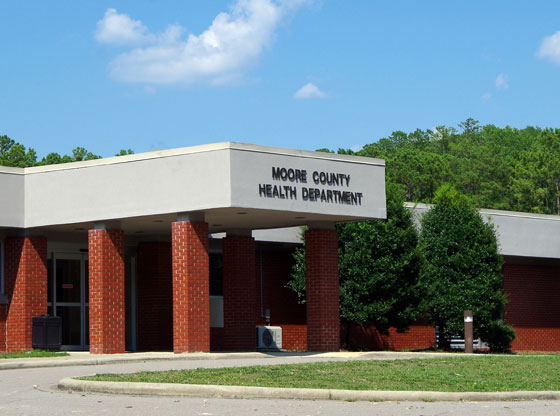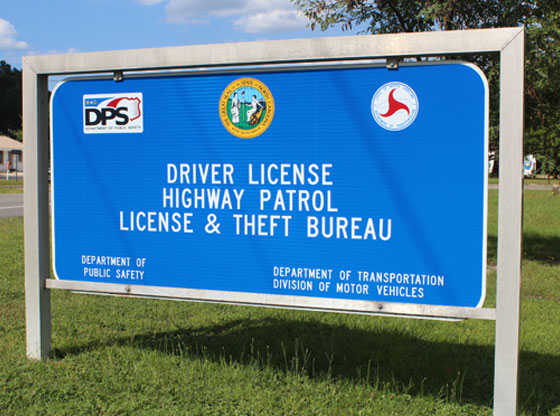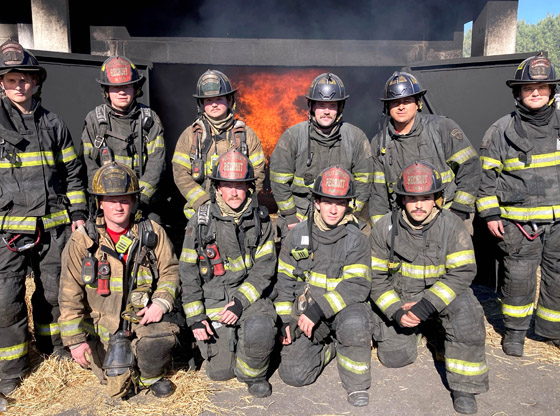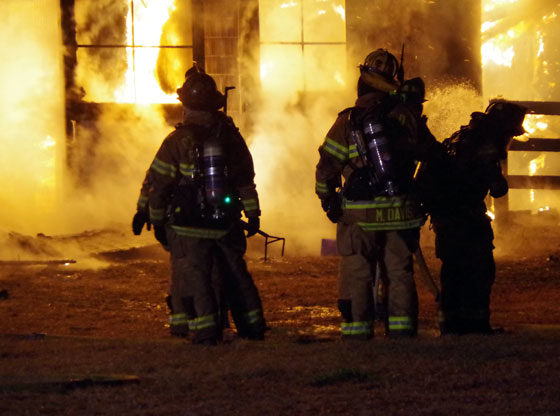Earlier this week, the North Carolina Association of Local Health Directors (NCALHD) Region 6 activated its Regional COVID-19 Prevention Support Team (RCPST).
The mission of the team will be to work in conjunction with long-term care facilities in each of the Region 6 counties by assessing their facilities, operations, and infection control measures (specific to COVID-19) in order to provide consultation on best practices and opportunities for improvement. NCALHD Region 6 is comprised of Anson, Cumberland, Harnett, Hoke, Lee, Montgomery, Moore, Richmond, and Scotland counties.
“This Prevention Support Team should prove to be a very valuable resource in helping our County and the Counties in our region to mitigate the frequency, extent, and duration of COVID-19 outbreaks in our long-term care facilities,” said Moore County Health Director Robert Wittmann.
The team is led by Tamiko Gland, a board-certified epidemiologist who has previously specialized in infection prevention. Epidemiologists are public health professionals who investigate patterns and causes of disease and injury. They seek to reduce the risk and occurrence of negative health outcomes through research, community education and health policy. The other team member is Victoria Lanier, who will serve as the region’s Infection Prevention Trainer. The team’s base of operations will be the Moore County Health Department located in Carthage.
The RCPST replaces Moore County Health Department’s local team, which served in a similar capacity for Moore County throughout the COVID-19 pandemic. That team was comprised of Krista Dees – the Department’s Laboratory Director, Crystal Hodges – the Department’s Environmental Health Program Specialist in charge of food/lodging/institutional permitting, and Jayne Lee – Director of Infection Control for FirstHealth of the Carolinas.
The RCPST will begin work immediately here in Moore County. As of Thursday, Moore County has a total of eight active COVID-19 outbreaks in long-term care and congregate living settings. The work of the team will be in addition to long-term care inspection and licensure efforts led by the North Carolina Division of Health Service Regulation’s Adult Care Licensure Section.
Contributed.

















